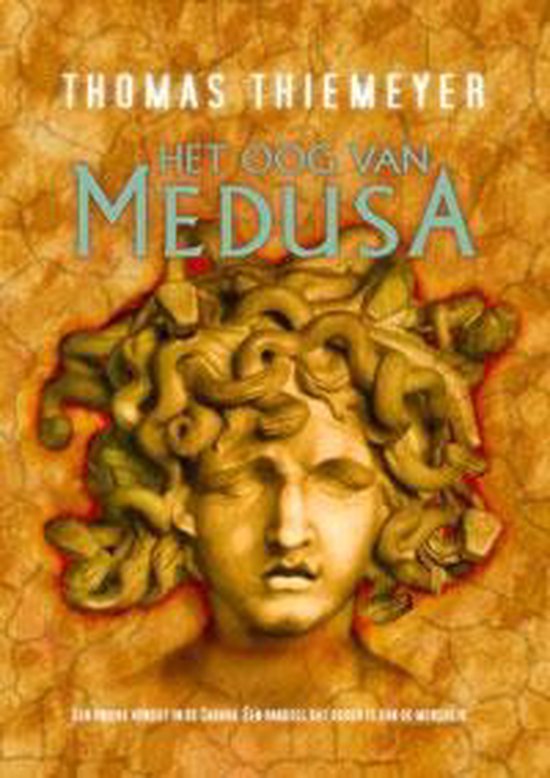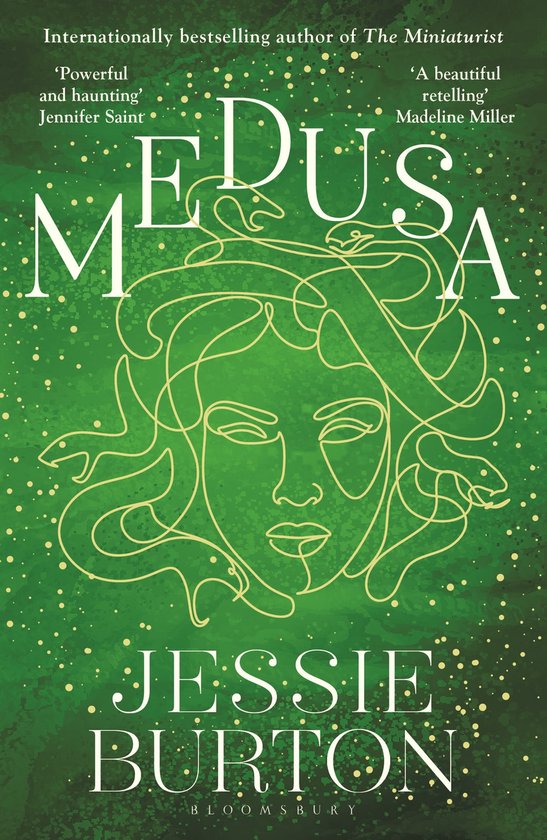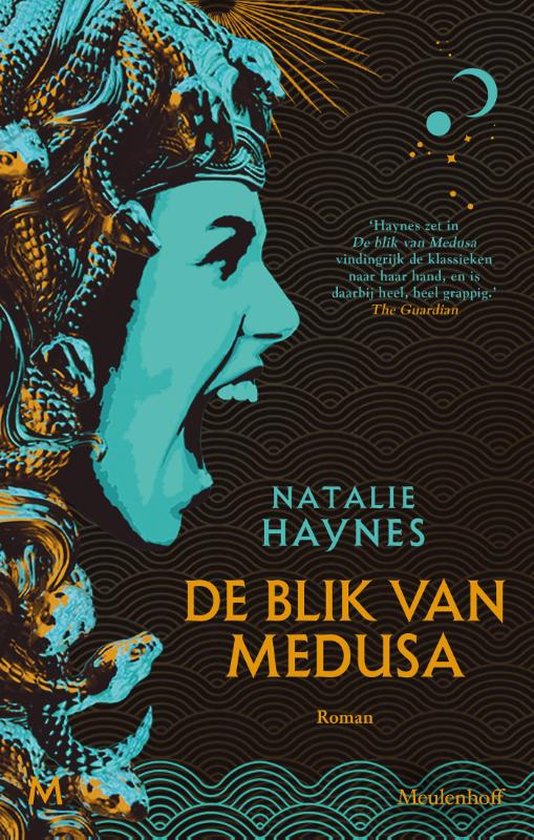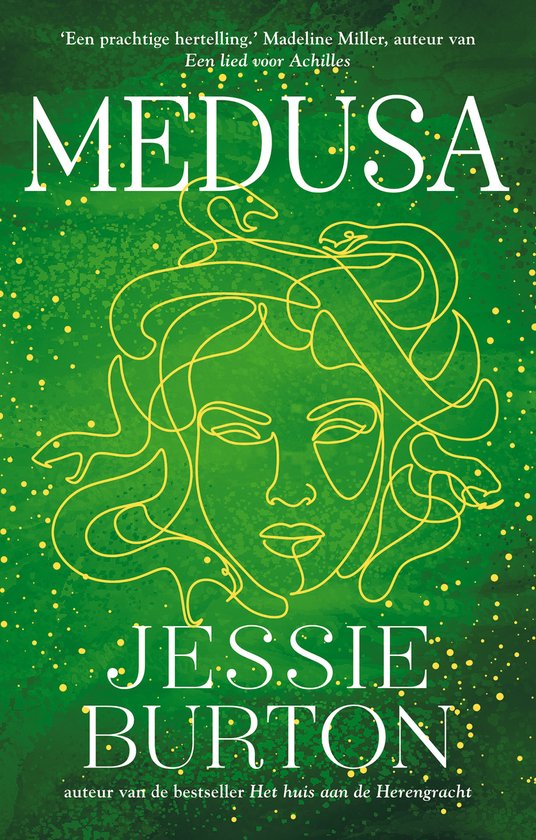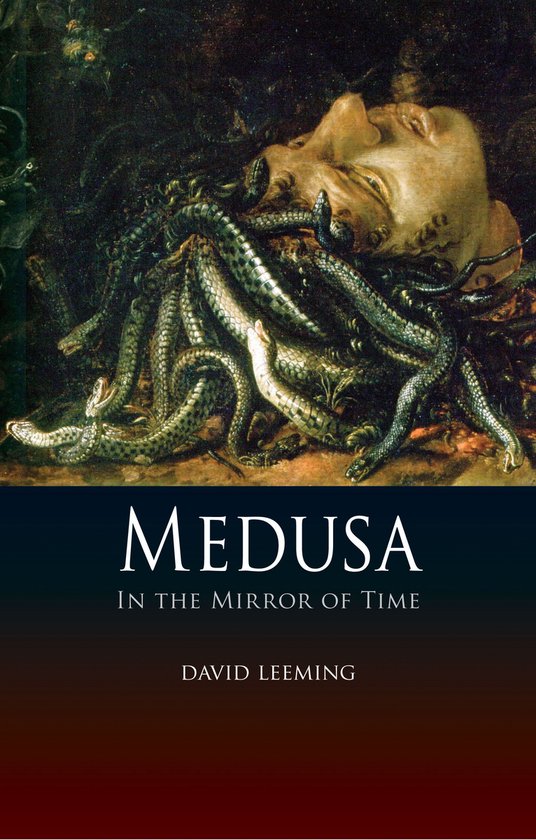
Medusa
In this book, David Leeming analyses the Medusa in myth, history, philosophy, modern psychoanalysis, art, literature, feminism and the advertising industry
Medusa, literally, petrifies: her face turned the ancients to stone. For Perseus and his patriarchal culture she was a dangerous female monster that had to be destroyed; for Dante she was the erotic power that could destroy men; Freud saw in her hair a nest of terrifying penises signaling castration. Yet in our time Medusa's reputation has improved: feminists see her as a noble victim of the patriarchy, and the designer Versace celebrates the lure of her mysterious face in a logo which stares at us from his ads for men's underwear, haute couture and exotic dinner-ware. In our modern culture she is once again a power-player demanding to be recognized; Medusa, it seems, still has the power to transfix us. Medusa: In the Mirror of Time explores how and why the mythical figure of the gorgon has become one of the most important and enduring ideas throughout human history. This book represents Medusa's biography, searching for the origins of the myth in cultures more ancient than Classical Greece. Ultimately it shows the Medusa myth to be a cultural dream, which continues to develop and change with our times. At the same time it explores what the changing Medusa myth reveals about our culture, and ourselves.
Medusa, literally, petrifies: her face turned the ancients to stone. For Perseus and his patriarchal culture she was a dangerous female monster that had to be destroyed; for Dante she was the erotic power that could destroy men; Freud saw in her hair a nest of terrifying penises signaling castration. Yet in our time Medusa's reputation has improved: feminists see her as a noble victim of the patriarchy, and the designer Versace celebrates the lure of her mysterious face in a logo which stares at us from his ads for men's underwear, haute couture and exotic dinner-ware. In our modern culture she is once again a power-player demanding to be recognized; Medusa, it seems, still has the power to transfix us. Medusa: In the Mirror of Time explores how and why the mythical figure of the gorgon has become one of the most important and enduring ideas throughout human history. This book represents Medusa's biography, searching for the origins of the myth in cultures more ancient than Classical Greece. Ultimately it shows the Medusa myth to be a cultural dream, which continues to develop and change with our times. At the same time it explores what the changing Medusa myth reveals about our culture, and ourselves.
| Auteur | | David Leeming |
| Taal | | Engels |
| Type | | Hardcover |
| Categorie | | Mens & Maatschappij |
